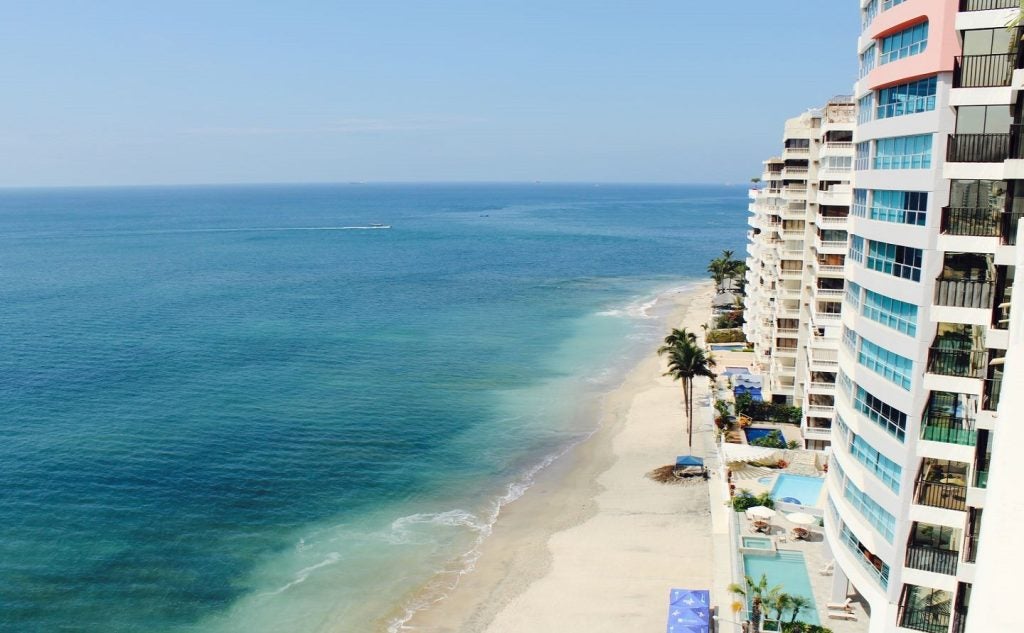Blackstone Inc, the world's largest alternative asset manager, is actively pursuing acquisitions in the Japanese real estate market, with a focus on hotels.
This strategic move follows a year in which the company divested approximately $4.5bn worth of assets in Japan to leverage the surging international interest in the country's property market.
Daisuke Kitta, head of Japanese real estate at Blackstone, revealed that the company is currently engaged in several acquisition efforts, with bids already underway.
These initiatives encompass a variety of properties, including hotels and data centres, further indicating Blackstone's intention to expand its presence in the Japanese real estate sector.
This shift in strategy comes after a period of asset divestiture, which saw Blackstone selling $1.3bn in properties to investors such as GIC Pte and Gaw Capital Partners.
Japanese real estate's attractive prospects
Japan's real estate market has proven to be exceptionally lucrative when compared to other nations. Escalating borrowing costs in other countries, coupled with a decline in office demand, have created challenges for real estate investment.
But in contrast, Japan stands out as a developed market where the income generated from real estate assets surpasses borrowing costs, making it an enticing prospect for foreign investors.
Blackstone has actively leveraged this favourable market climate, with Japan ranking among its most active markets in the Asia-Pacific region for both acquisitions and disposals.
The decision to resume acquisitions was partly influenced by signals from the US Federal Reserve, which indicated a slowdown in rate hikes, thus impacting Blackstone's global strategy.
Eyeing hotels and non-core assets
Daisuke Kitta emphasised that the recent spotlight on corporate governance in Japan has prompted many companies to offload non-core property assets.
This shift provides a rich source of opportunities for acquisitions, and Blackstone has been actively bidding for real estate businesses through its private equity arm. Some of these deals could potentially reach the billion-dollar mark.
Japan's exit from coronavirus restrictions, later than many other nations, has also left room for further growth related to the recovery.
A notable resurgence in tourism has emerged as a bright spot. Kitta highlighted hotels as a top priority for Blackstone, pointing out that although foreign tourism numbers have not fully recovered, revenue per available room has exceeded 2019 levels.
While Blackstone made significant investments in commercial assets during much of the pandemic, it began selling assets in mid-2022.
Despite the timing, with the yen depreciating against the dollar, Kitta emphasised that the $4.5bn in disposals has been profitable for Blackstone when calculated in US currency terms.
Blackstone intends to continue selling assets and has garnered interest from local funds and large institutional investors for its Japan holdings.
Kitta estimated that another $1bn worth of assets could be divested over the next one to two years, emphasising the importance of maintaining the capacity to sell in the current market conditions.
Japan's active property investment market
Japan has emerged as the most active commercial property investment market in Asia in the first half of 2023, with a deal volume of $16.3bn, according to MSCI Real Assets.
Foreign funds and institutional investors have become net buyers of Japanese property in the past few years, while domestic real estate trusts have turned into net sellers, as reported by Cushman & Wakefield.
Challenges linked to interest rates
One significant concern for the market's future lies in the actions of the Bank of Japan.
Changes in the yield curve control strategy, which has maintained interest rates below zero, could potentially impact bank financing and disrupt the real estate market, according to Kitta.
Blackstone's Japan real estate deals typically involve 70% to 75% debt, and Kitta emphasised the company's commitment to maintaining discipline in this regard, ensuring responsible borrowing practices.
















